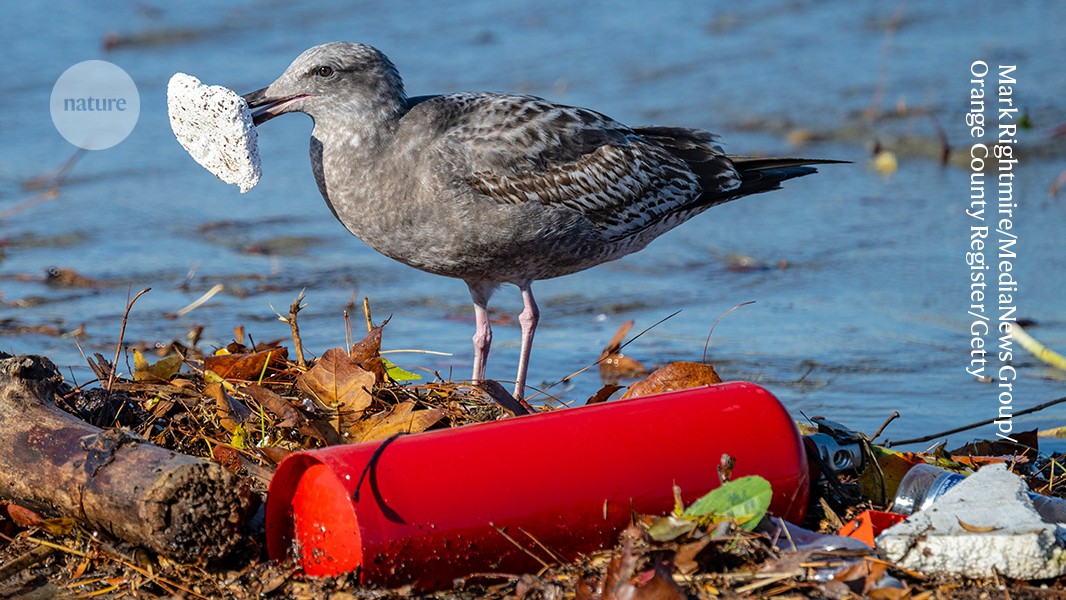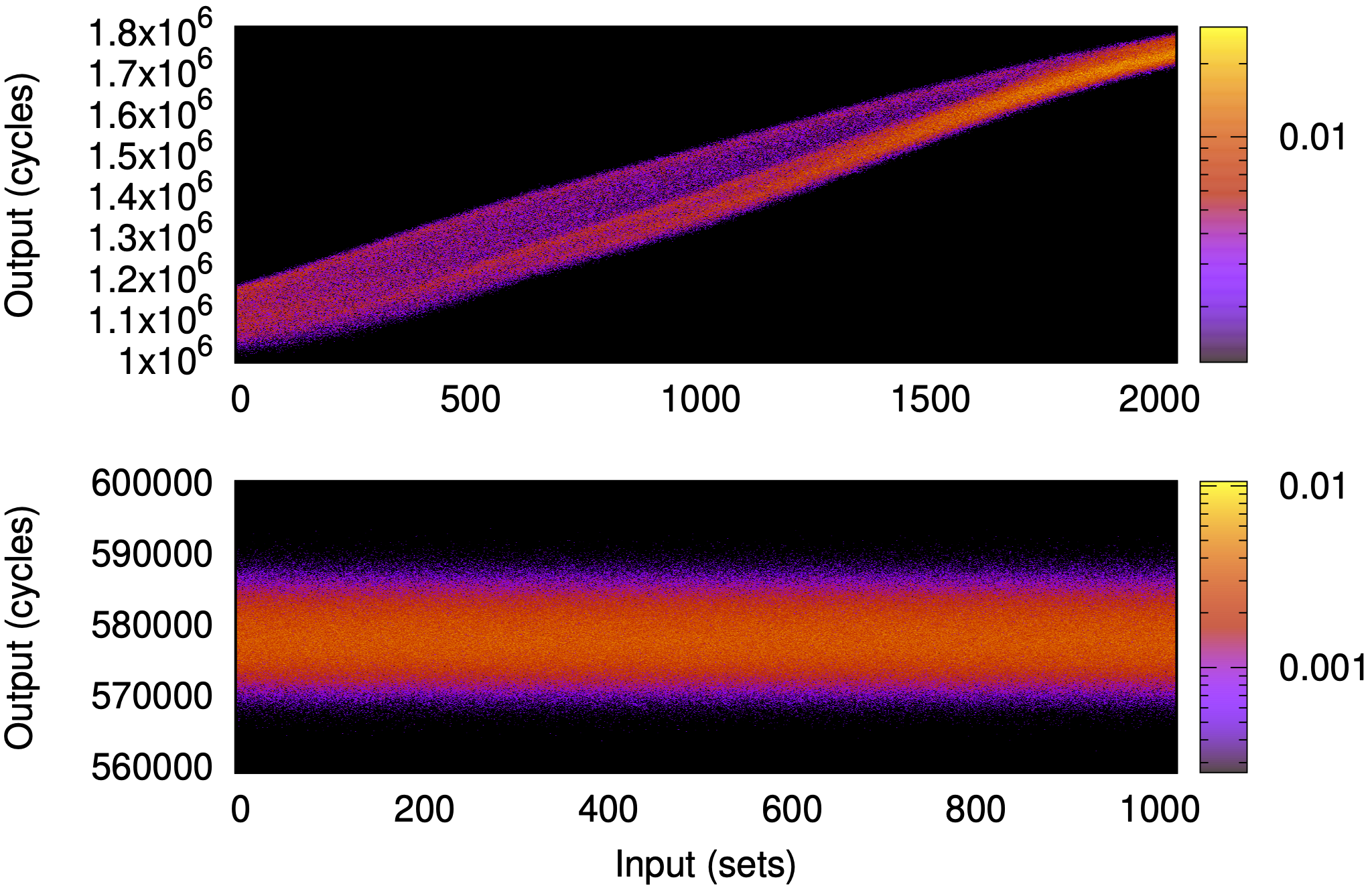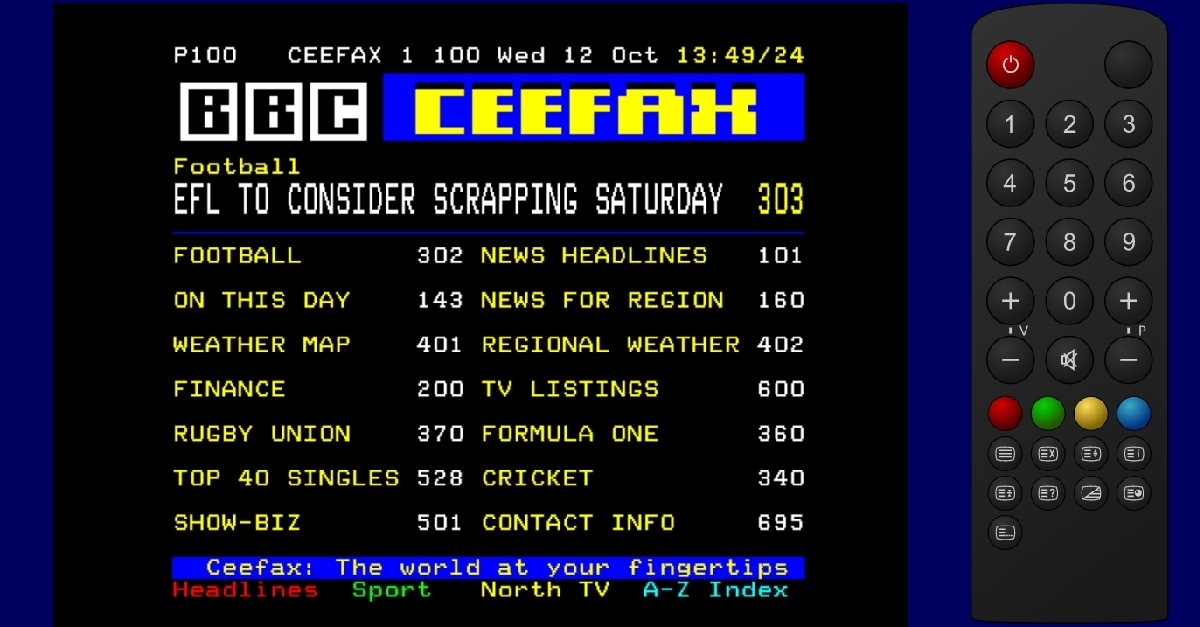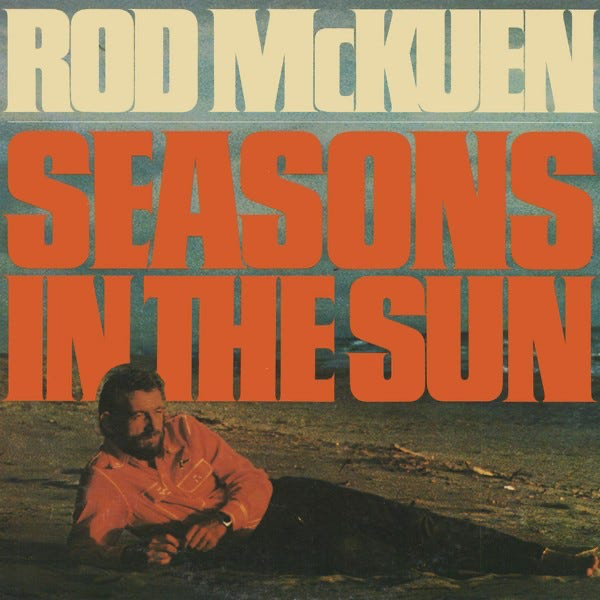
“Follow the Science” Might Not Mean What You Think It Means
Here’s a guest post by ASU’s Richard Hahn, reprinted with his permission. I suspect he’d be happy to respond to comments!
The problem with punchy slogans is that they are subject to (mis)interpretation. In the wake of the Covid-19 pandemic, it has become common for folks to urge policy-makers to “follow the science”. But what exactly does this mean? There is a version of this slogan that I strongly support, but I worry that many of the people invoking it mean something different, and that this interpretation could actually undermine faith in science. In this longish essay I discuss the inherently approximate nature of science and explore how a scientific mindset can lead to near-sighted policy decisions. At the very least, readers may enjoy the linked articles, which represent a greatest-hits collection of writing that influenced my own thinking about public health policy over the past year.
First of all, making sense of “follow the science” demands an understanding of what science is. It is important to remember that science is a process for learning about the world, not merely an established body of knowledge to be consulted. Some areas of science, like Newtonian physics, might give the impression of finality, but that is misleading. Even classical physics is just an approximation; over time we have been able to figure out tasks for which that approximation is adequate (aiming missiles) and those for which it isn’t (GPS, which requires more complex adjustments). For newer science, especially pertaining to complex subjects like human biochemistry, we often do not have a good sense of how our approximations might fail, nor do we have a more refined theory at the ready.






















